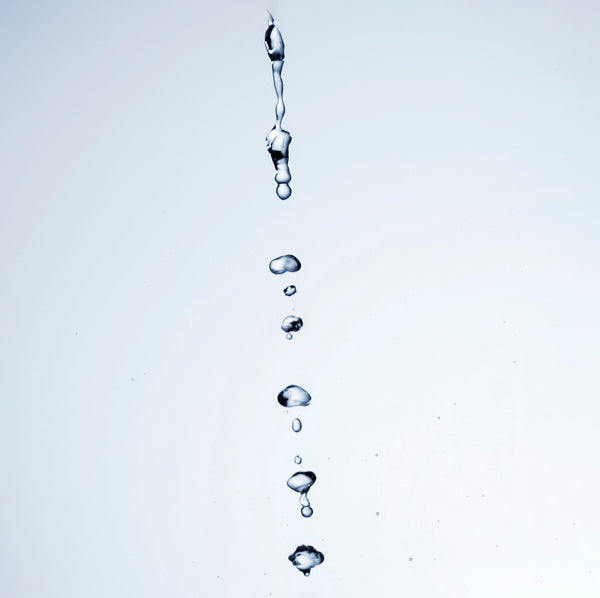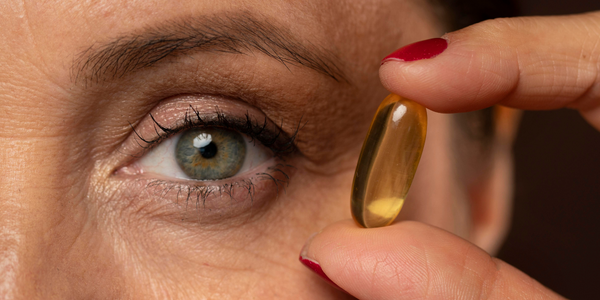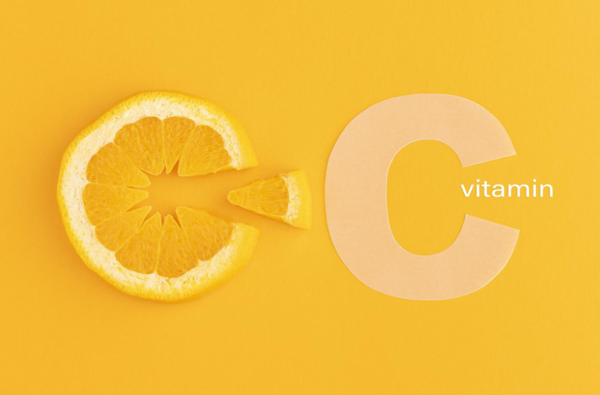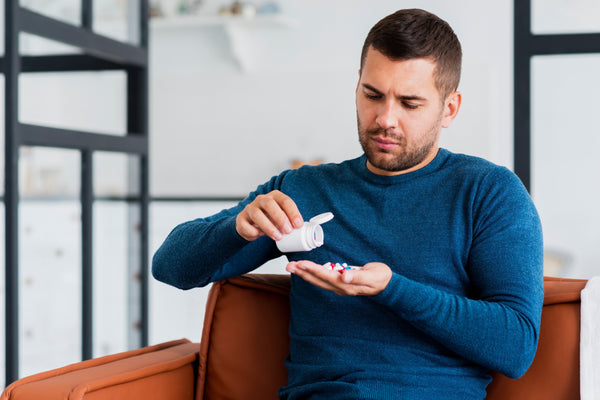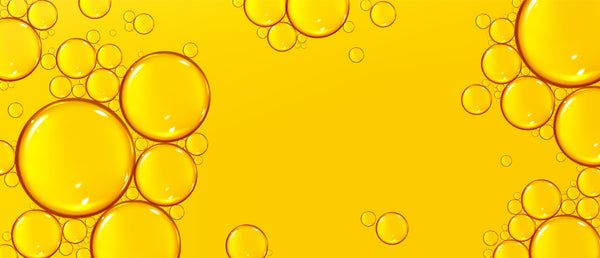A liquid diet has been trending these days, especially among the younger generation who are trying out ways to reduce weight. But is a liquid diet effective, or is it harmful to you? Or should you find a way to balance healthy solid foods with a liquid diet? Well, the answer to these questions lie in this blog below. This blog talks briefly about what a liquid diet is, its pros and cons, and whether one should rely on a liquid diet at all.
What is a Liquid Diet?
A liquid diet, as the name tells, is a diet that consists only of liquids and not of solid foods. Protein shakes (ready made or homemade), smoothies, juices, etc., are some common examples of a liquid diet.
While a liquid diet is recommended for patients who cannot swallow solid food, many weight loss enthusiasts follow this fad diet to reduce their calorie intake and lose weight.
Are there Any Pros of Consuming a Liquid Diet?
There are a few pros of consuming a liquid diet, which are as follows.
1. Promotes Weight Loss
One of the most common reasons why people go in for a liquid diet, as mentioned above, is for promoting weight loss. Liquid diets usually contain smoothies, soups, vegetable and fruit juices that cut the calorie count by over 50% as compared to solid food. This creates a calorie deficiency in your body, which means your body will burn more calories than it is consuming, leading to weight loss.
2. Increases Nutrient Intake
A liquid diet, especially when it comes from natural fruits and vegetables, can be highly nutritious for you. It’s because fruits and vegetables come with numerous vitamins, minerals, and other nutrients your body needs for the day. So, by consuming a liquid diet, you can increase your nutrient intake significantly.
3. Easy Detoxification
Juices, smoothies, protein shakes, and broths are usually rich in vitamins and minerals. And consuming a liquid diet rich in these nutrients can help your body easily detoxify the organs. Also, liquid diets help your kidneys expel the waste more efficiently in the form of urine.
What are the Cons of Consuming a Liquid Diet?
Now that we have seen the pros, the cons of consuming a liquid diet are as follows.
Weight Loss from Liquid Diet is Temporary
First of all, research says that reducing your calorie intake might not help you reduce your weight. And even if you experience weight loss, it’ll be temporary. Why?
Well, a reduction in calorie intake will make your metabolism slow, which will kick your body into starvation mode. When it happens, your body will try to cling to as many calories as it can to conserve energy.
So, when you go back to your solid diet, you can expect to gain back the weight you lost with the liquid diet. Also, according to a study, a startling 95% of the people who lost weight by following a liquid diet expected to gain it back after switching back to a normal diet. Additionally, a study says that liquid diets have no direct association with weight loss.
You Might Get Some Nutrients and Miss Out on Many
While juices and smoothies are a good source of vitamins and minerals, they don’t contain much fiber and protein. Because of this, you might experience headaches, fatigue, tiredness, and even be at the risk of cancer.
Liquid Diet Causes Poor Overall Calorie Intake, Which Puts You at Risk
While you can expect to lose weight by reducing your calorie intake, some people may also be at greater risk of health issues such as gallstones. You may also face stomach discomfort or even fatigue.
Reduced Muscle Mass
One major unwanted con of consuming a liquid diet is reduced muscle mass. When you follow a liquid diet, your body might start using lean muscle mass to extract energy. However, this side effect is usually noticed after prolonged reliance on liquid-based diets.
Verdict: Should you Completely Give Up Solids for a Liquid Diet?
Liquid diet can be detrimental to your overall health in the long run due to the aforementioned reasons. It would not be advisable to completely give up solid food for a liquid diet unless your doctor recommends you to do so.
However, if you still wish to consume liquids, you can do so in tandem with a healthy diet as it helps improve metabolism and detoxify the body from time to time. Consuming liquids along with healthy solid meals and regular exercise, is usually ideal. If you manage to include liquids, healthy solids, and exercise in your daily routine, you’ll be able to defy the cons and lead a healthier life.
Some of the best supplements that you can try out are Daily Greens, Japanese Grade Matcha Green Tea, and Apple Cider Vinegar with Garcinia Cambogia and Pomegranate by Wellbeing Nutrition that benefit your body along with a healthy diet and exercise regime. Just drop in an effervescent tablet in a glass of water and drink it all up, and you will be able to enjoy the best of health! So what are you waiting for? Go hurry and get yourself a pack of the aforementioned supplements!
References
Benton, D., & Young, H. A. (2017). Reducing Calorie Intake May Not Help You Lose Body Weight. Perspectives on psychological science : a journal of the Association for Psychological Science, 12(5), 703–714. https://doi.org/10.1177/1745691617690878
Nicklas, J. M., Huskey, K. W., Davis, R. B., & Wee, C. C. (2012). Successful weight loss among obese U.S. adults. American journal of preventive medicine, 42(5), 481–485. https://doi.org/10.1016/j.amepre.2012.01.005
O'Keefe S. J. (2019). The association between dietary fibre deficiency and high-income lifestyle-associated diseases: Burkitt's hypothesis revisited. The lancet. Gastroenterology & hepatology, 4(12), 984–996. https://doi.org/10.1016/S2468-1253(19)30257-2
Johansson, K., Sundström, J., Marcus, C., Hemmingsson, E., & Neovius, M. (2014). Risk of symptomatic gallstones and cholecystectomy after a very-low-calorie diet or low-calorie diet in a commercial weight loss program: 1-year matched cohort study. International journal of obesity (2005), 38(2), 279–284. https://doi.org/10.1038/ijo.2013.83
Childs, C. E., Calder, P. C., & Miles, E. A. (2019). Diet and Immune Function. Nutrients, 11(8), 1933. https://doi.org/10.3390/nu11081933
Soeliman, F. A., & Azadbakht, L. (2014). Weight loss maintenance: A review on dietary related strategies. Journal of research in medical sciences : the official journal of Isfahan University of Medical Sciences, 19(3), 268–275.













